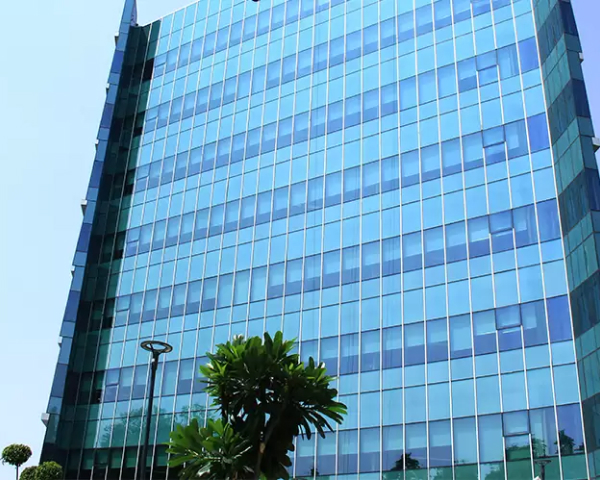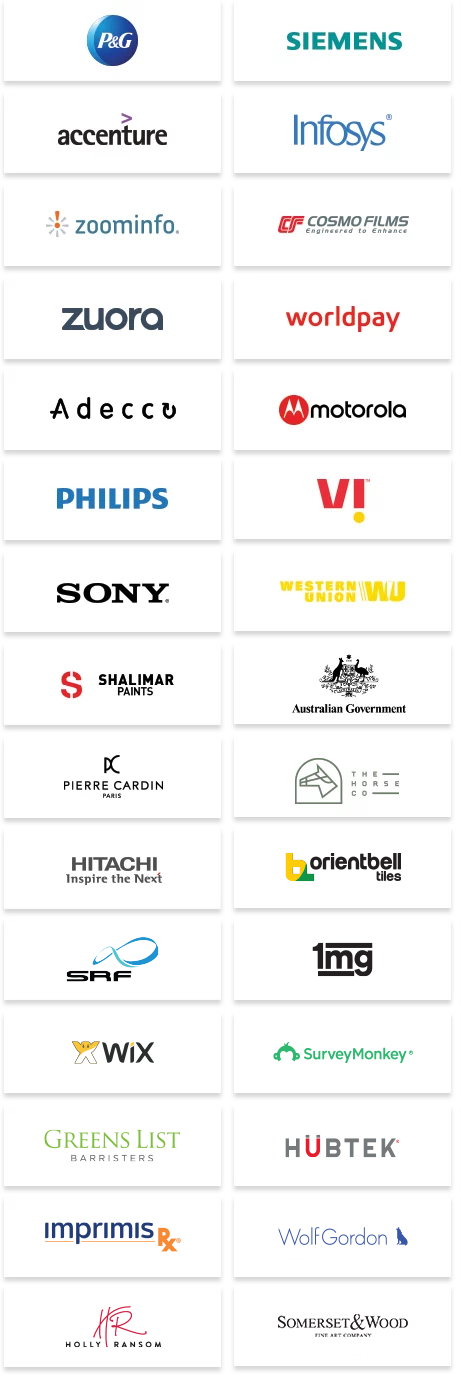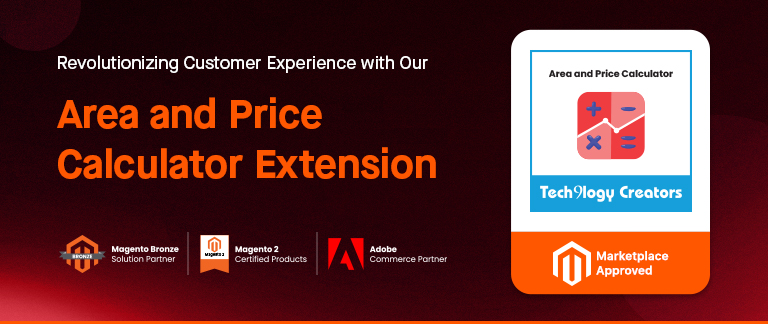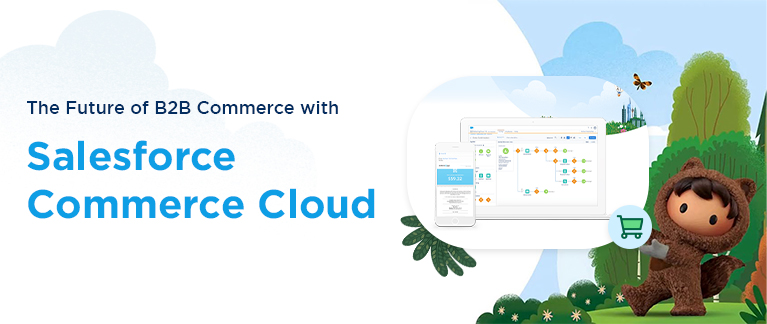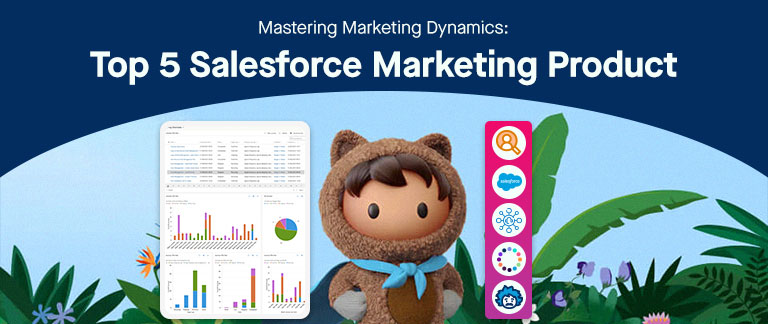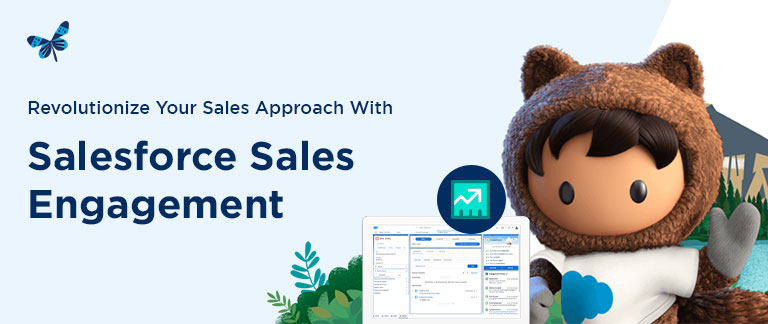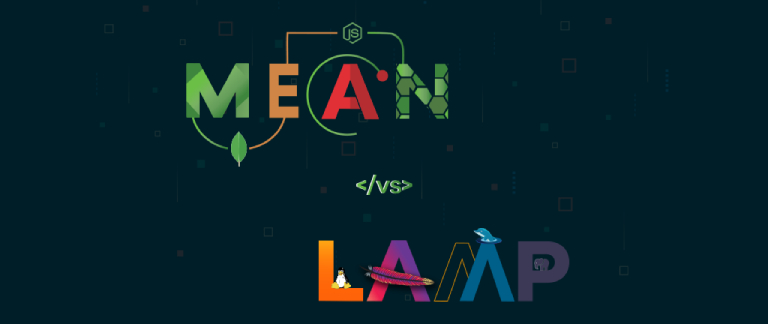
Custom Full-Stack Development: Key to MEAN VS LAMP Stack
If you’ve found your way to this blog post, we’re sure you’ve already embarked upon your exciting journey to a new website–kudos! Today, we’ll take you through the world of Custom Full Stack Development and help you understand better its key family members, MEAN and LAMP stacks, to make sure that you make informed & right decisions all through your way. Full Stack is a collection of software systems that allow both front end (the website we see on a browser) and back end (server-side) development. It has gained popularity over CMS platforms as it gives businesses the liberty to go out-of-box and customize the website to cater to specific needs which would not be possible with CMS restrictions.
While over the years it has evolved & become crucial for developers, it has also posed some challenges with the number of stacks available today. Scroll down to know more about two of the most in-demand stacks–LAMP and MEAN.
LAMP Stack
LAMP is a short form for Linux (Operating System), Apache (Web Server), MySQL (Code Managing the Database) and PHP (Programming Language). As this indicates, it’s a set of software systems fused together into a self-sufficient platform eliminating the dependency on external data or software. It allows a smooth & seamless integration amongst these software systems making for one of the most powerful platforms for web development.
Used for creating efficient & high-performing websites, LAMP is backed up by the oldest & largest community and countless tools & libraries. Let’s dig in a little more to explore the pros & cons of this platform.
Pros of LAMP Stack
- LAMP stack has widespread support with PHP and MySQL backend systems supported by many reliable hosting providers. It can thus be hosted anywhere & everywhere. PHP being a dynamic language integrates well with the stack.
- The platform is open-source, supported by endless libraries, modules and add-ons which can be adopted as per the company’s need.
- PHP & MySQL are easy-to-understand and deploy as it uses PHP as an APACHE module. This also facilitates the easy upload of PHP files via MySQL database.
- It has a non-blocking structure which makes it more scalable & faster to develop.
- It is also highly customizable allowing developers to cater to specific business requirements.
Cons of LAMP Stack
- It only supports Linux OS.
- It’s quite difficult to shift between PHP or Python and use HTML or JS with LAMP.
MEAN Stack
MEAN is another full-stack development platform that derives its power from MongoDB (Data Persistence), Express.js (Server-Side Application Framework), Angular (Client-Side Application) and Node.JS (Server-Side Environment). It’s designed to simplify the web development process with JavaScript as the pivotal programming language for development & database storage. MEAN stack boosts productivity as a flexible, extensible and scalable platform and is suitable for cloud hosting.
Pros of MEAN Stack
- It’s the most preferred platform due to the key role of Javascript which allows easy switching between client & server.
- It’s an open-source solution and highly-customizable allowing the development of robust & secure websites.
- It allows real-time app demonstration to subscribers & viewers. Even during the development stage, real-time changes can be made in the app.
- Being compatible with the cloud, it allows you to develop, test & deploy cloud functionalities via MongoDB.
- It’s a time- and cost-effective platform. This is because it’s based on a single language, Javascript, and thus can be handled by one expert.
Cons of MEAN Stack
- While MongoDB works wonders for small- and medium-sized operations, it is not deemed to be fit for large operations as it could lead to data loss during networking partition.
- ExpressJS can cause poor server isolation from business logic curtailing the reuse of some services like batching operations.
LAMP Stack VS MEAN Stack
| LAMP Stack | MEAN Stack | |
|---|---|---|
| Operating System | The web application can be deployed only on Linux OS variants. | It can be deployed on any OS compatible with NodeJS. |
| Programming Language | It supports PHP but developers can interchange stack components & use Python or Perl languages. | It allows coding in Javascript only. |
| Web-Server | It uses a mature & robust Apache webserver. | MEAN uses NodeJS powered web server that’s lightweight & modern. |
| Database | The default RDBMS is MySQL but the developer can switch to others like MariaDB & PostgreSQL as well as NoSQL database like MongoDB. | It only supports MongoDB Relational Database Management System (RDBMS). |
| Front-End Component | It does not comprise of any front-end development component. Programmers can use a supplementary Javascript framework. | It provides AngularJS for this purpose. |
Hire Professional LAMP & MEAN Stack Developers
Still not sure? Talk to our consultants today who are there to assist you. As a leading full-stack development company in India, we’ve helped multiple clients with highly-functional and engaging solutions. Our expert team will help you with a quick yet quality implementation of the best solution for your business.
















